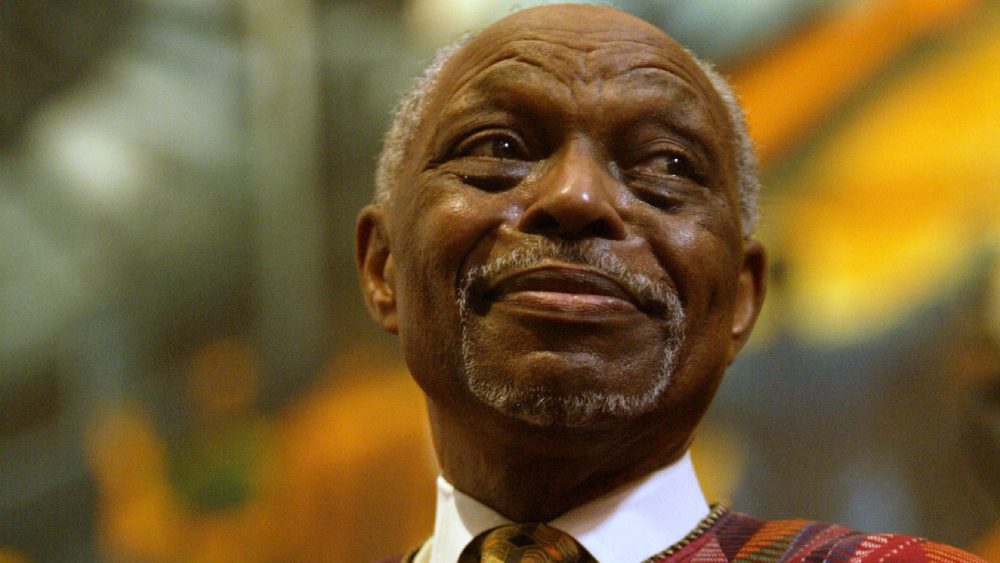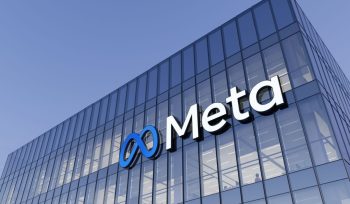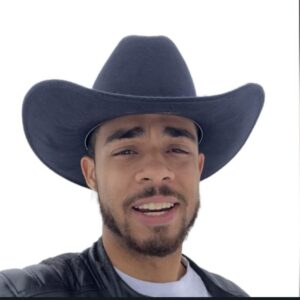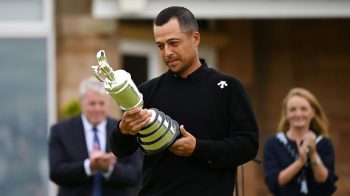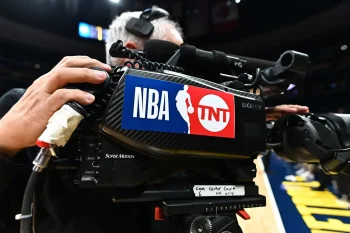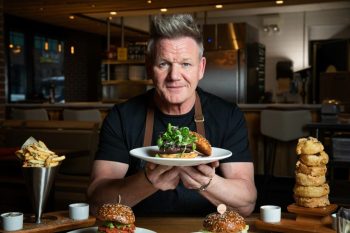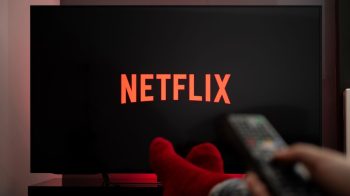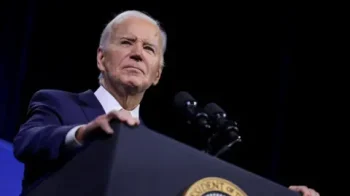The Rev. Dr. Cecil L. “Chip” Murray, a revered pastor and civil rights leader whose extensive work in Los Angeles left an indelible mark on the city’s social and spiritual landscape, has passed away at the age of 94. Murray’s legacy, characterized by his efforts to heal and uplift South Los Angeles communities through times of turmoil and beyond, continues to resonate throughout the city and beyond.
A Ministry of Growth and Healing
During his 27-year tenure at the First African Methodist Episcopal Church of Los Angeles, Murray transformed a modest congregation into a dynamic 18,000-member megachurch. His leadership extended beyond the church walls, especially following the 1992 Rodney King verdict and subsequent unrest. Murray became a beacon of hope, advocating for recovery and reconciliation, and leveraging his position to foster initiatives aimed at addressing racial and economic disparities in Los Angeles.
Murray’s influence reached political figures and community members alike, making First AME Church a pivotal venue for discourse and action on social issues. His collaborative efforts with politicians and business leaders catalyzed significant community development projects, including job training programs, support for foster children, and the creation of affordable housing. His engagement with figures such as former Presidents George W. Bush and Bill Clinton, as well as Governors Pete Wilson, Gray Davis, and Arnold Schwarzenegger, underscored his broad impact across political and social spectrums.
A Life Dedicated to Service and Faith
Los Angeles Mayor Karen Bass, among others, paid tribute to Murray’s unwavering commitment to service and community upliftment. His approach to leadership, deeply rooted in faith and a vision for a more equitable society, was instrumental in shaping the course of community development and civic engagement in Los Angeles. Murray’s dedication to putting “God first in all things” was a testament to his profound spiritual and ethical convictions.
After retiring from active pastoral service, Murray joined the faculty at the University of Southern California as the Tansey Professor of Christian Ethics. In this role, he imparted the “Murray Method” of church leadership to approximately 1,000 faith leaders, further extending his influence and ethos to new generations committed to faith-based community service and advocacy.
The Rev. Dr. Cecil L. ‘Chip’ Murray’s passing marks the end of a chapter in Los Angeles’ history, but his legacy of leadership, service, and advocacy for justice will continue to inspire those who knew him and many who will come to know his work in the years ahead. As the city reflects on his profound contributions, Murray’s vision for a community united in service and faith remains a guiding light for all dedicated to making Los Angeles a place of hope, healing, and equality.


